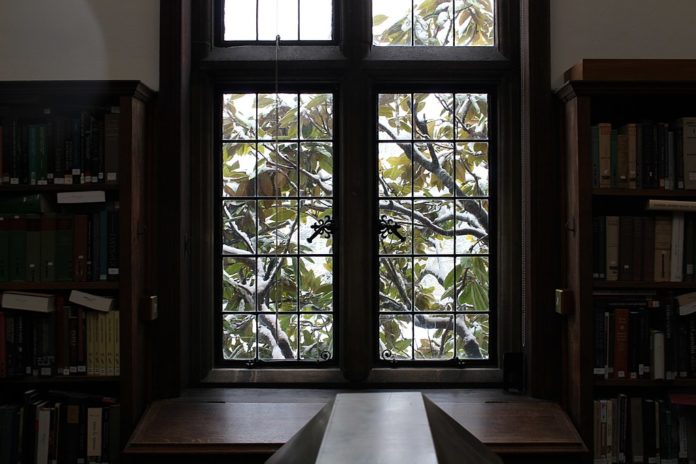
Soundproofing has become more common and necessary in recent times due to a long list of reasons. This is especially true for loud cities and factories.
How Soundproofing Helps in Factories
Almost all factories and industrial plants worldwide are extremely loud and noisy. This is because the machinery these plants use has large metal moving parts constantly working and making noise. Those in residential areas near these plants are affected by the noise it creates. Apart from them, the workers who come to these factories for labour daily are exposed to this loud noise daily. This makes the role of soundproofing these industrial plants extremely vital to protect the physical and mental health of the workers and those living nearby.
Soundproofing reduces hearing loss problems and sleeps depravity. It also enhances the quality of life, which increases the workers’ productivity levels as it decreases the number of distractions they are surrounded by. It also provides a safer environment for all the factory workers as it prevents accidents caused by poor communication or misinformation due to not being able to hear their coworkers.
Benefits of Acoustic Louvres
Made using industrial grade aluminium and insulation, acoustic louvres are extensively used to reduce noise pollution in various noisy areas. There are various available depths for these acoustic louvres chosen by the architects based on need. They are effective noise reducers in that they create a different path for the noise to travel by. Aside from considerably reducing noise levels, acoustic louvres are incredibly beneficial in providing ventilation to a room or area.
It is used in a variety of places. Acoustic louvres can be used in the lobbies or building openings to allow less noise to travel into apartments and residential or office buildings. They are also used to reduce the amount of sound created by loud mechanical fans. Another application of acoustic louvres is found in and around automatic plants for noise reduction and the permittance of adequate airflow. Some other places that can be found using acoustic louvres are air conditioners, boiler rooms, plant rooms, rooms that require good ventilation, plant cooling towers and hearing screening. These acoustic louvres can be finished using different materials based on the requirements of the application.
Soundproofing Materials
The various ways and forms of soundproofing available allow for a long list of soundproofing materials that can be used. Different materials provide different benefits. It can be used to build soundproof rooms, soundproof walls, acoustic windows, soundproof doors and soundproof ceilings and floors. One of the types of soundproofing materials that can be found in the market includes acoustic isolation membranes. These are light and allow for a high level of thermal conversion energy. It is usually installed within ceilings, floors and walls. Open-cell cavity insulation materials are used to fill cavities and ensure soundproofing.
Acoustic windows are made of thick insulated double-glazed glass and are often surrounded by weatherstripping seals to prevent sound leaks from the sides of the windows or even doors. Some other materials used for soundproofing include acoustic panels fitted onto the walls or acoustic fabrics that are a type of thick curtains used to increase the wall lining for soundproofing. Another common material for soundproofing is studio foam, also known as acoustic foam that is often used to better sound quality in music rooms and recording studios. Some other materials include acoustic mineral wool cavity used for insulation, resilient channels, fibreglass, plasterboard or drywall, acoustic hangers and many more.





